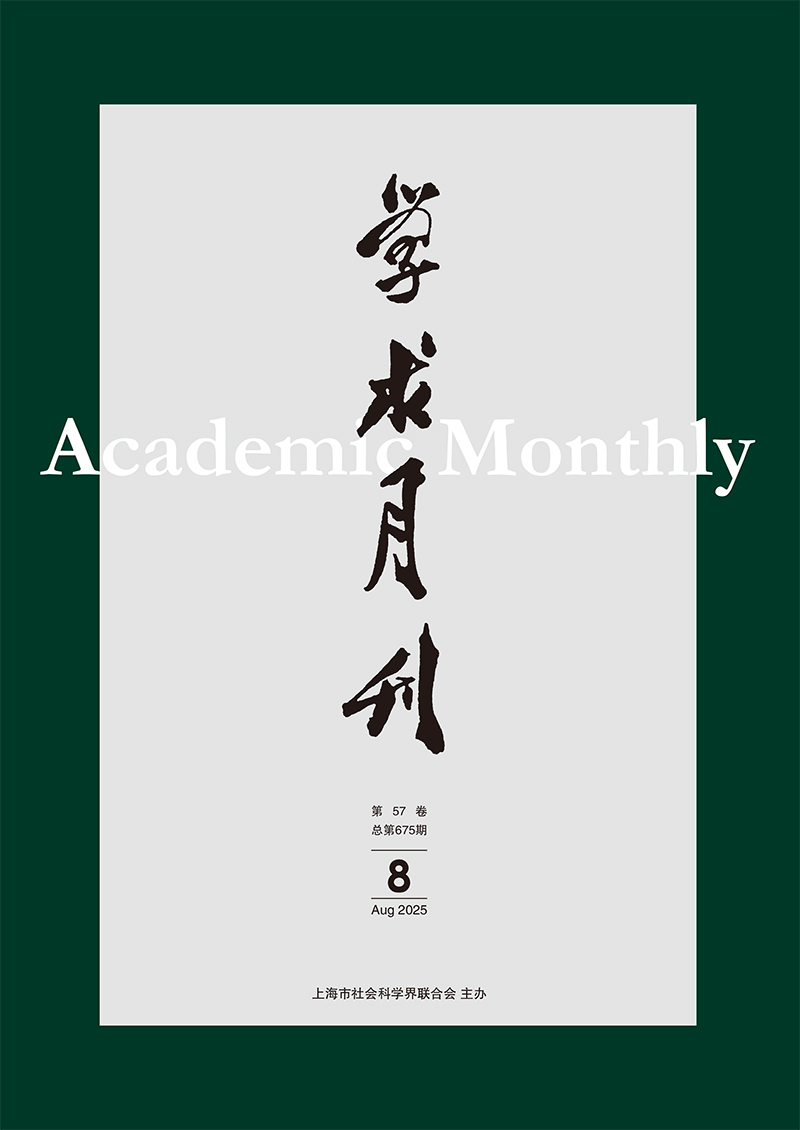Dual Melodies of Classicism and Innovation——The Transformation of Social Thought and Cultural Transition in Book Trade Advertisements of the Early Republic of China
Abstract: The early Republic of China witnessed intense collisions between old and new social ideologies. As vital vehicles of cultural dissemination, book trade advertisements embodied the intellectual transformations of the era. On one hand, these advertisements employed classicist discourse-promoting ancient classics and parallel prose fiction—to address cultural anxieties amid national crises. On the other hand, with the rise of the National Language Movement and the New Culture Movement, advertisements shifted toward promoting vernacular textbooks and progressive publications to advance intellectual enlightenment. Beyond mere commercial tools, book trade advertisements served as media for constructing cultural identity. Their textual strategies were both constrained by prevailing social ideologies and actively shaped the evolution of intellectual trends by molding readers' perceptions. This transformation reflects the complex trajectory of modern China's transition from tradition to modernity.



 沪公网安备 31010102003103号
沪公网安备 31010102003103号 DownLoad:
DownLoad: